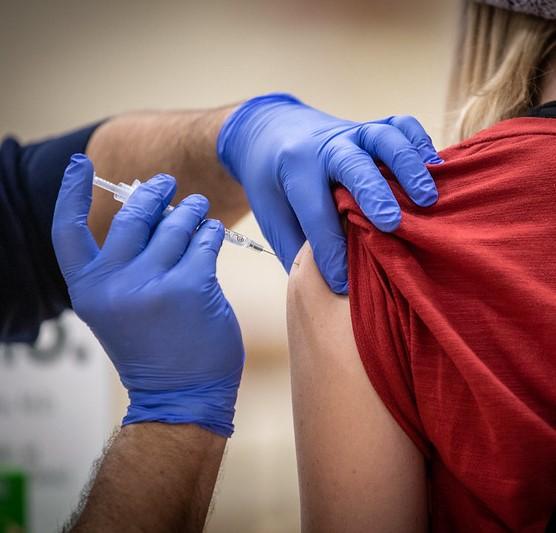Seattle and King County Public Health this week reported the county's first known outbreak of Candida auris, which was identified through proactive screening at a long-term acute care hospital.

In a statement, health officials said that, as of January 30, four colonization cases have been reported in patients with links to Kindred Hospital Seattle-First Hill, a long-term acute-care hospital. At least two are thought to have acquired the fungus at the facility, and the source for the other two is under investigation. No deaths have been reported.
Death rate as high as 40%
C auris is spreading at an alarming pace in US healthcare facilities and has been detected in at least 27 states. First identified in Japan in 2009, C auris has shown resistance to three classes of antifungal drugs and can cause invasive infections in vulnerable patients. Case-fatality rates range from 30% to 40%. As a result, many US facilities have rolled out C auris screening programs to identify patients colonized with the fungus.
Kindred Hospital Seattle-First Hill began regular C auris screening in 2022, which led to the identification of the state's first suspected locally acquired case in 2023.
Regarding the outbreak, the health department urged other facilities to screen patients who had been admitted to Kindred Hospital Seattle-First Hill since October 1, 2023. It also said healthcare facilities can consider casting a broader net to screen patients who had been at Kindred since June 2023, which was when the last facility-wide screening occurred.















